Blood pressure is the force of blood pushing against the inside lining of the arteries. High blood pressure, or hypertension, occurs when that force increases and stays higher than normal for a period. This condition can damage the blood vessels, heart, brain, and other organs.
Symptoms of high blood pressure in women
High blood pressure doesn't always cause symptoms. In fact, it's sometimes referred to as a "silent condition" because most people with high blood pressure have no symptoms at all.
Often, symptoms don't appear at all until someone has had high blood pressure for years and the condition has become severe, but even people with severe high blood pressure might have no symptoms at all.
When symptoms do occur, they look the same in everyone and might include:
v skin flushing
v red spots in front of the eyes
v dizziness
But these symptoms only occur once elevated blood pressure has caused the damaged blood vessels to break. The only real sign of high blood pressure is getting consistently high blood pressure readings. That's why it's important to have your blood pressure checked at least once a year.
Symptoms of high blood pressure in elderly women
There's no change to the symptoms of high blood pressure as a person ages. Although cis women who are past menopause are at higher risk for high blood pressure, they're still unlikely to experience any symptoms at all. High blood pressure is still a silent condition in older women.
If any symptoms do occur, they'll be likely to be flushing, red spots in front of the eyes, and dizziness. But the best way for older women to monitor their blood pressure is to keep track of their blood pressure numbers and have conversations about their blood pressure with their healthcare professional.
The overall risk for high blood pressure goes up as everyone ages, regardless of sex or gender.
Complications of high blood pressure
Without proper diagnosis, you may not know that your blood pressure is increasing. Uncontrolled high blood pressure can lead to damage to the blood vessels of various organs. This can cause serious health problems, like:
v stroke
v kidney failure
v heart attacks
v weakened or thickened blood vessels in your kidneys
v dementia
v vision problems
Preventing high blood pressure
Expert advice for preventing high blood pressure is the same for everyone:
v Exercise about 30 to 45 minutes per day, 5 days a week.
v Eat a diet that's moderate in calories and low in saturated fats.
v Stay current with your doctors' appointments.
Talk with your doctor about your risk for high blood pressure. Your doctor can let you know the best ways to keep your blood pressure in the normal range and your heart healthy.


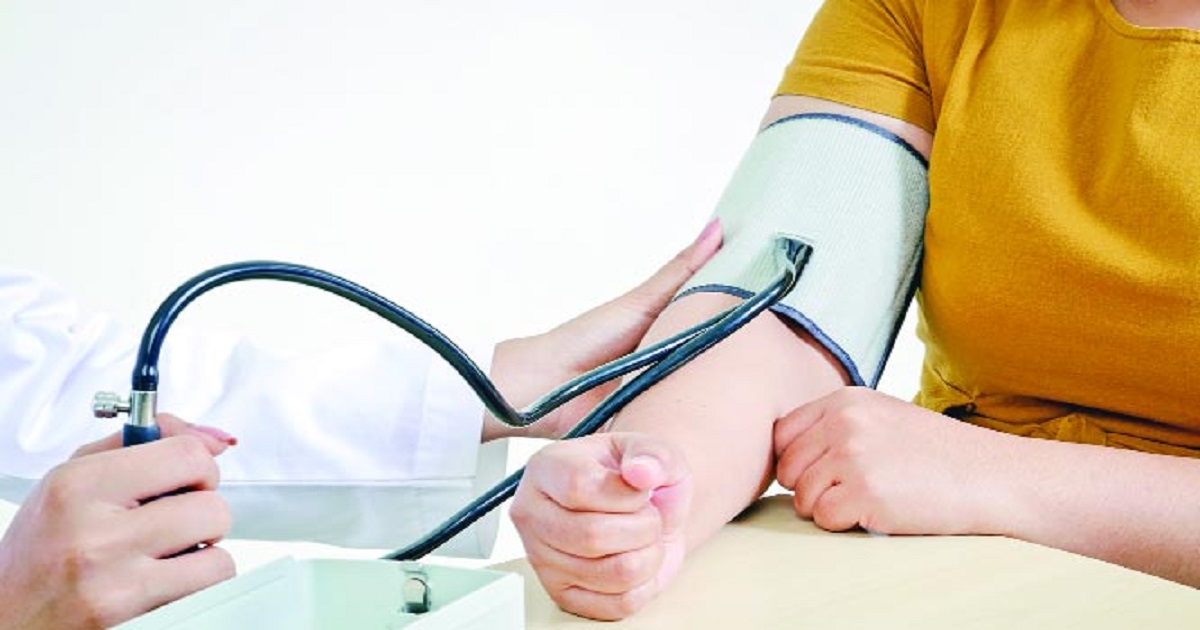

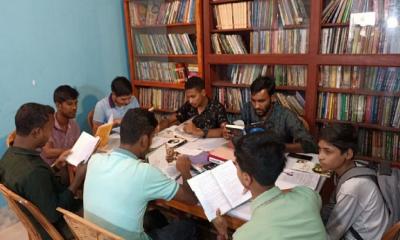





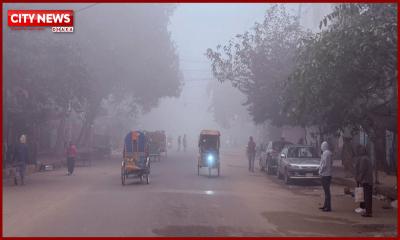
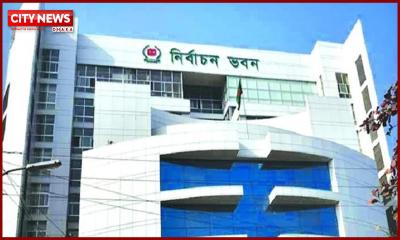
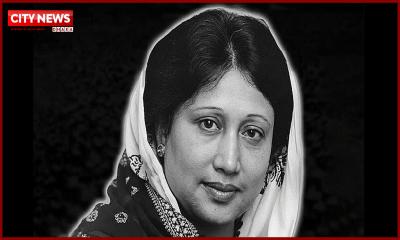



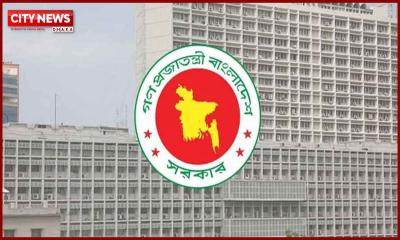







Comment :